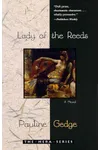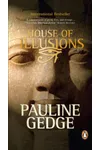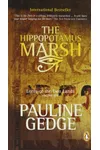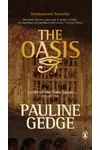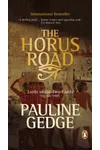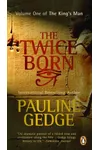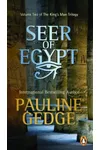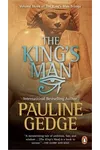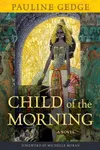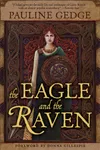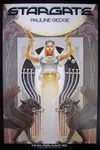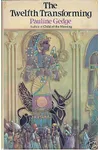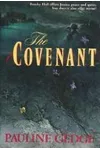Picture a New Zealand-born storyteller who spun ancient Egypt’s sands into literary gold—meet Pauline Gedge! With 13 novels that have sold over 6 million copies in 18 languages, Gedge’s historical fiction transports readers to the courts of pharaohs and the banks of the Nile, blending meticulous research with vivid storytelling. Her tales of ambition, power, and humanity have captivated readers for nearly five decades.
From her breakout novel about Egypt’s female pharaoh to trilogies that breathe life into forgotten dynasties, Gedge’s work is a time machine powered by passion. Ready to explore her world? Let’s dive into the life and legacy of this literary trailblazer.
The Making of Pauline Gedge
Born on December 11, 1945, in Auckland, New Zealand, Pauline Gedge’s journey was as dynamic as her novels. At age six, her family moved to England so her father could study for the Anglican ministry, settling in a crumbling Buckinghamshire cottage. Later, they relocated to Canada, where Gedge’s love for storytelling took root. After writing unpublished poetry and struggling with mainstream fiction, she turned to ancient Egypt for inspiration, a decision that changed her career. Her debut novel, written in just six weeks, won the Alberta Search-for-a-New Novelist Competition in 1975, launching her into literary stardom.
Pauline Gedge’s Unforgettable Stories
Gedge’s novels are a masterclass in historical fiction, blending rigorous research with lush, immersive prose. Her debut, Child of the Morning (1977), chronicles the life of Hatshepsut, Egypt’s first female pharaoh, capturing her ambition and struggles with gripping humanity. The Lords of the Two Lands trilogy (1996–1999) follows the Tao family’s rebellion against the Hyksos invaders, weaving political intrigue with vivid depictions of ancient life. Her The King’s Man trilogy (2007–2011) explores Huy, a peasant-turned-seer, navigating divine gifts and royal demands.
Her style is distinctive for its authenticity—Gedge avoids modern anachronisms, grounding her characters in their historical context. Whether depicting the opulence of Ramses III’s court in Lady of the Reeds or the mystical allure of the Scroll of Thoth in Scroll of Saqqara, she makes ancient Egypt feel immediate and alive. Fans praise her ability to transport them, with one reader noting, “Her books saved me from losing my mind during hard times.”
Beyond Egypt, Gedge dabbled in other genres, including the fantasy novel Stargate (1981) and the Roman Britain epic The Eagle and the Raven (1978), showcasing her versatility while staying true to her immersive storytelling roots.
Why Pauline Gedge Matters
Pauline Gedge’s impact on historical fiction is profound. Her novels have introduced millions to the complexities of ancient Egyptian culture, from court intrigues to daily life along the Nile. By focusing on underrepresented figures like Hatshepsut and crafting authentic narratives, she’s inspired readers and writers to explore history’s forgotten corners. Her awards, including the Jean Boujassy award for The Eagle and the Raven, reflect her global influence.
Gedge’s legacy lies in her ability to make the past resonate. Her work reminds us that history is not just dates and artifacts but stories of human struggle and triumph, told with heart and precision. For fans of historical fiction, she remains a guiding star.
- About Pauline Gedge
- Born: December 11, 1945, in Auckland, New Zealand
- Key Works: Child of the Morning, Lords of the Two Lands, The King’s Man
- Awards: Alberta Search-for-a-New Novelist (1975), Jean Boujassy award (1978)
- Total Sales: Over 6 million copies in 18 languages
Snag Child of the Morning and dive into Pauline Gedge’s mesmerizing world of ancient Egypt! Her stories will whisk you away to a land of pharaohs, intrigue, and timeless adventure.
